Trump tariff mania threatens global economy
US President Donald Trump has not lost his affinity for tariffs, having increased tariffs on a number of countries, which has angered many US allies, fueling trade wars as a result.
Trump's tariffs impact the US economy as well as other world economies.
What are tariffs? They are taxes on goods imported from other countries. Contrary to a commonly held misconception it's not the exporting country that pays the tariff.
Companies importing goods from abroad pay tariffs to their own country's treasury.
Tariffs are put in place to shield domestic producers from competition, this could potentially raise the government revenue just like the other taxes, but increasing government revenues through tariffs also has its drawbacks.
Most economists argue that tariffs are counterproductive. They can drive up inflation by reducing competition. As a result, this makes local suppliers more expensive; the higher costs are usually passed on to consumers and local businesses.
Tariffs are a type of regressive tax. This means they disproportionately affect poor consumers. Often they lead to a war of attrition. Other countries respond by introducing tariffs of their own; this breaks up the flow of goods and services around the world, causing great uncertainty for businesses.
Alarm bells are going off around the world.
Many countries are concerned that Trump's one for one tariff plan would threaten the global economy, and have started to impose reciprocal tariffs on American trading partners.
The White House is sowing uncertainty and risking inflation, two outcomes which are certain to affect local economies.
The idea itself may sound logical. Whatever taxes American companies face in exporting their products to another country should apply to imports from that same country.
Mr. Trump has long championed this principle, presenting it as a simple matter of fairness, but member countries of the World Trade Organization have set tariffs for every type of good, extending the same basic rate to all members.
They have also negotiated treaties with other countries and via regional trading blocs that have further eased tariffs.
Trump wants to end that and not adhere to treaties the US has signed.
The US fall out is nothing short of increasing costs for American consumers at a time of deepening concern over inflation, challenging the President's own vows to bring down prices on groceries and other everyday items.
This would increase the possibility of greater delay from the Federal Reserve in lowering borrowing costs.
Zelensky had ‘difficult’ talk with Americans about territorial issues: Report
US tried and failed to topple Iran’s government twice: Envoy
Israeli forces kill two Palestinians after alleged car-ramming attempt in West Bank
Hamas says will surrender arms to Palestinian state only if Israeli occupation ends
Discover Iran: UNESCO-listed Hyrcanian forests of Golestan, a verdant jewel of northern Iran
Explainer: As countdown begins for FIFA World Cup 2026, what is in store for Iran
VIDEO | Press TV's news headlines
Zelensky allies flee to Israel as $100-million graft scandal erupts: Probe


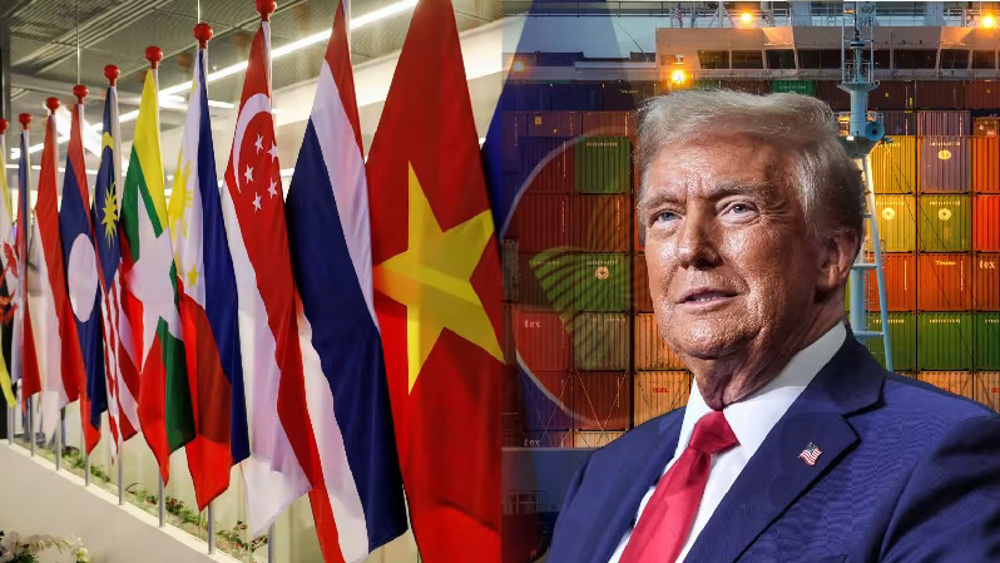
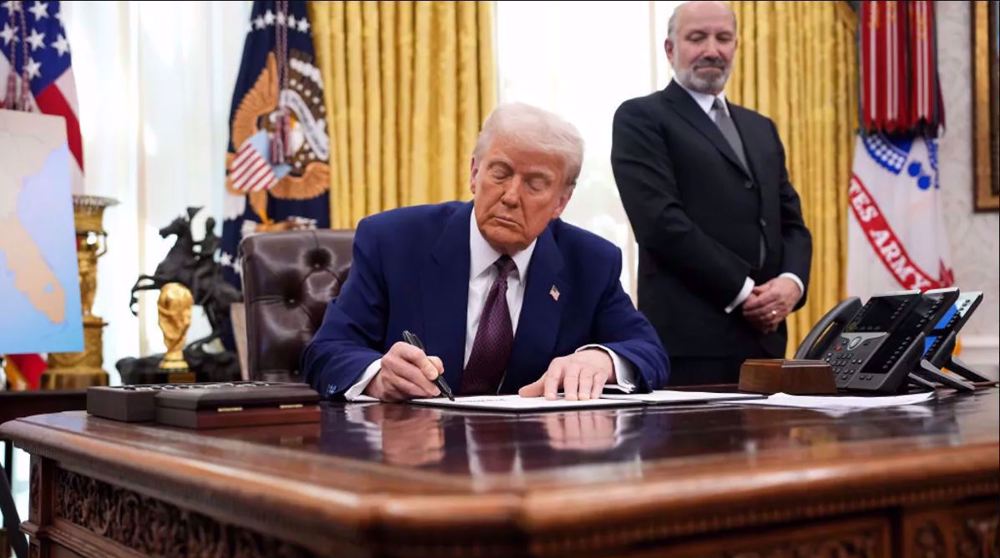
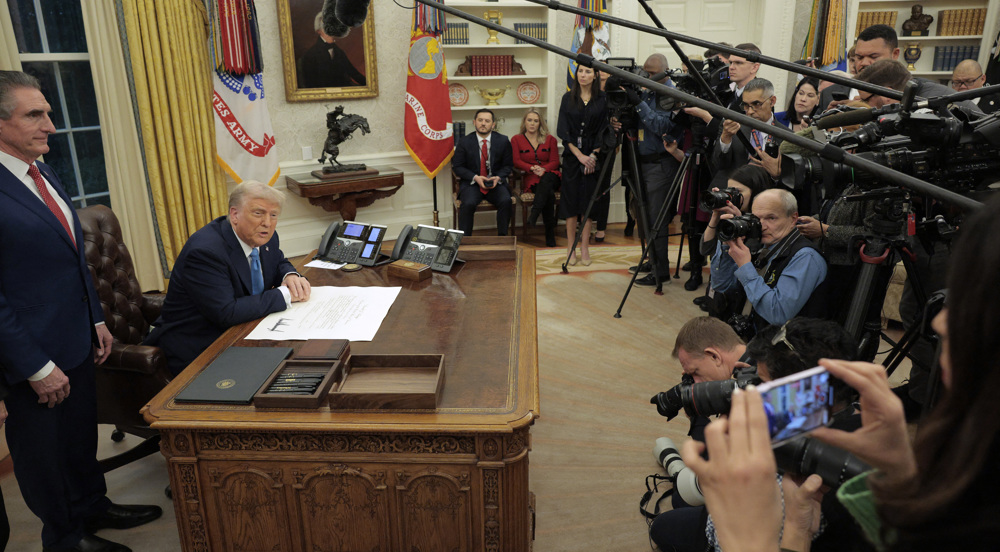
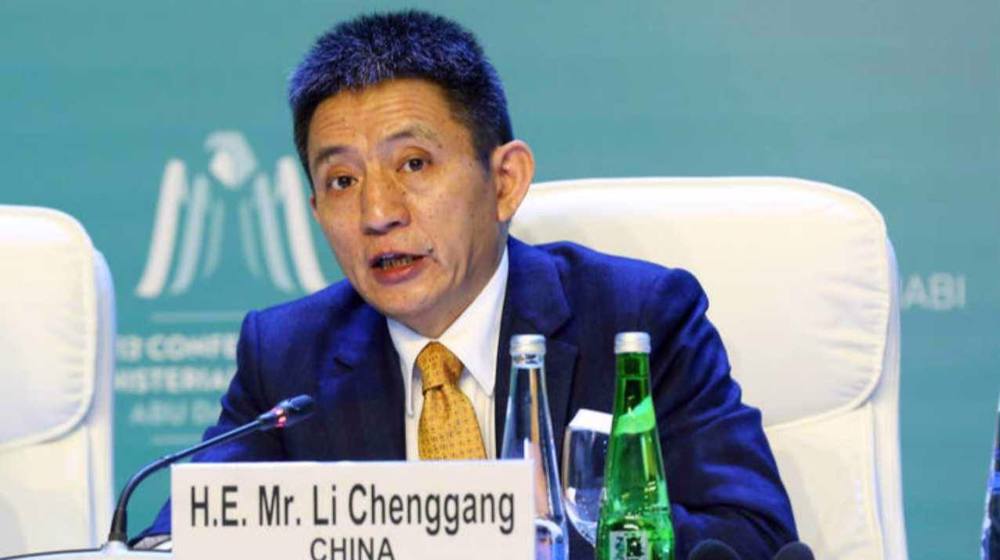

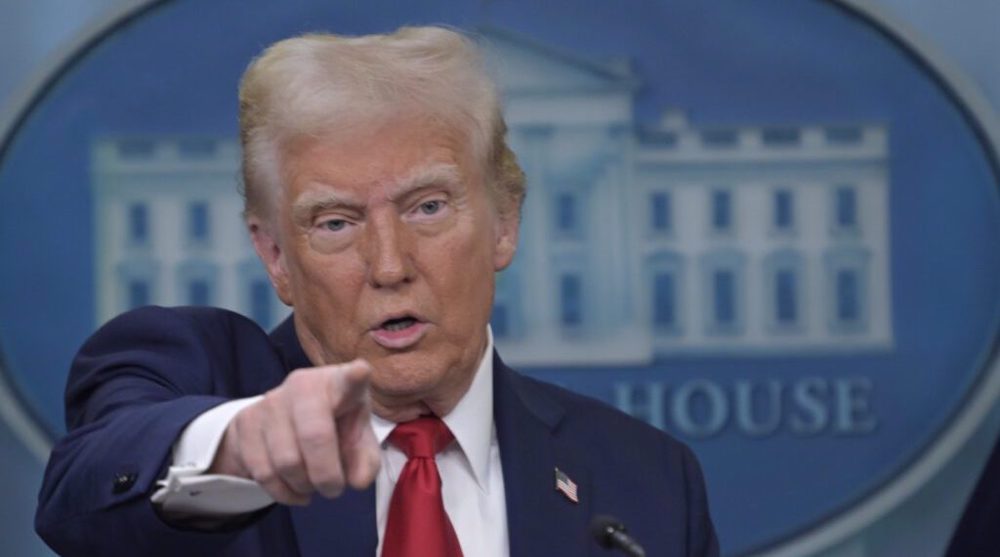


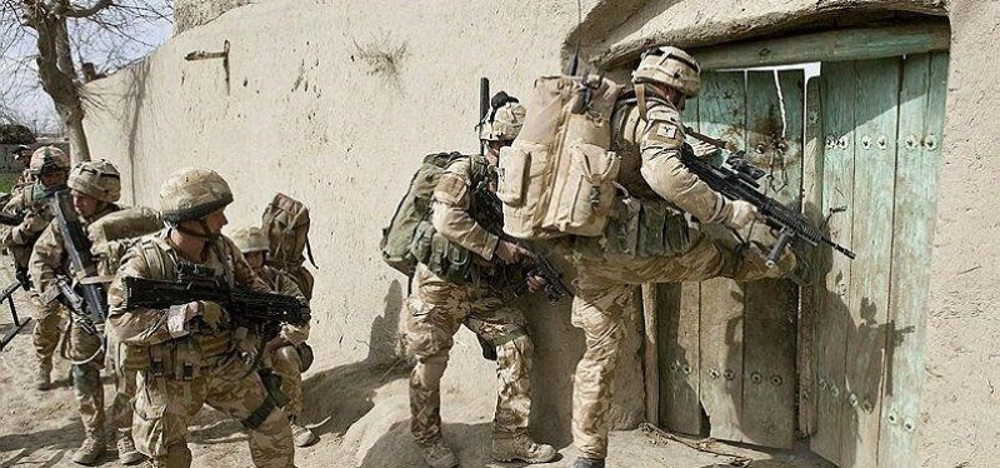





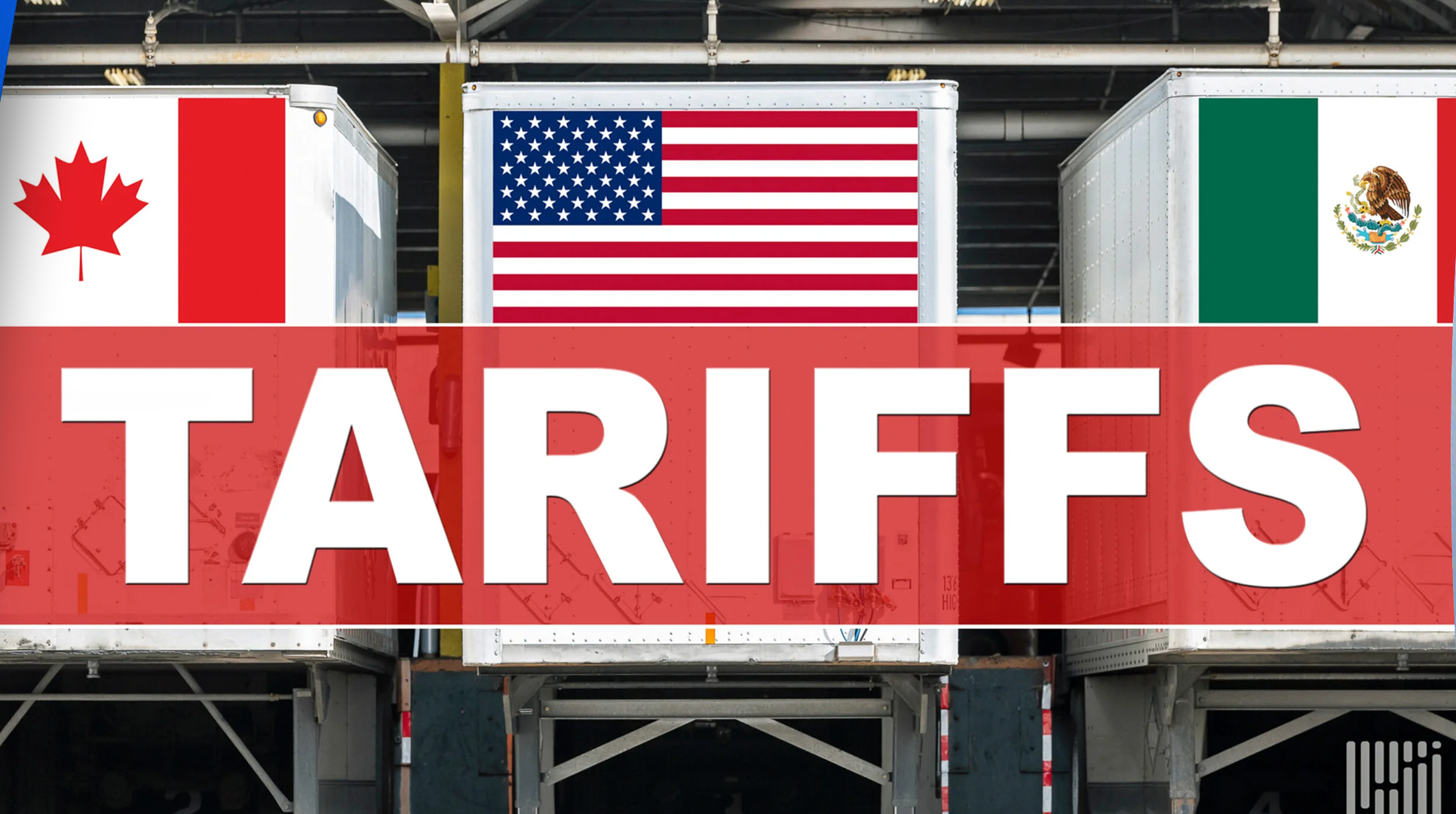
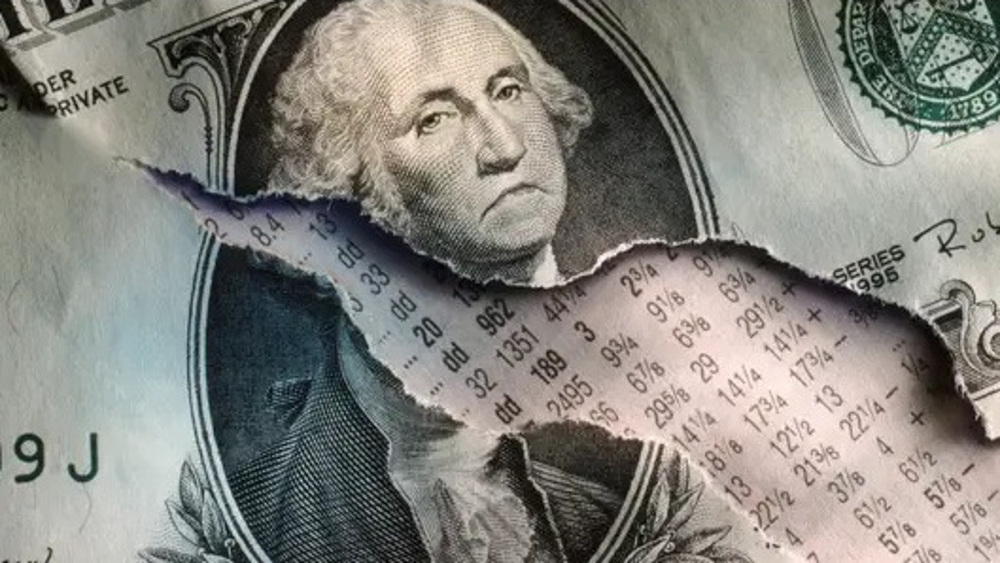
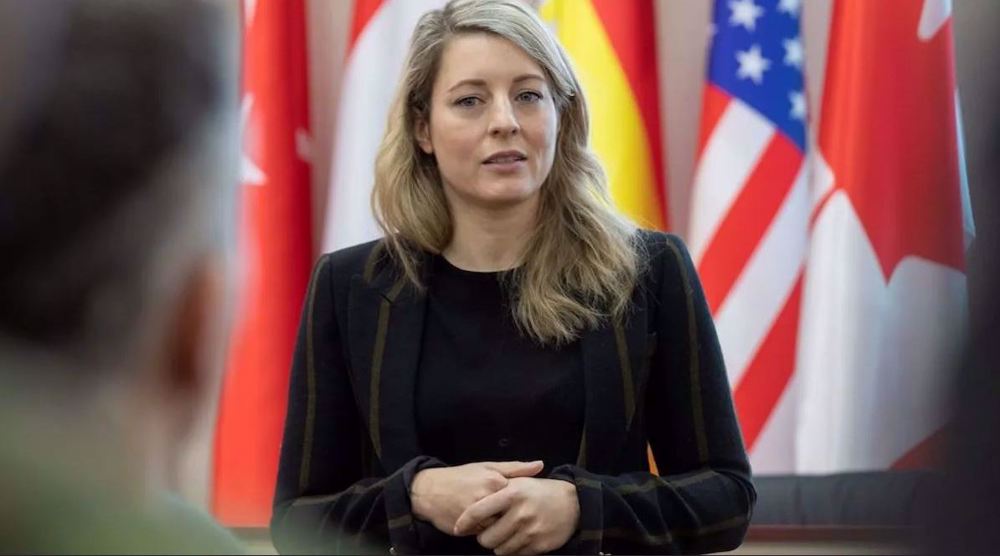

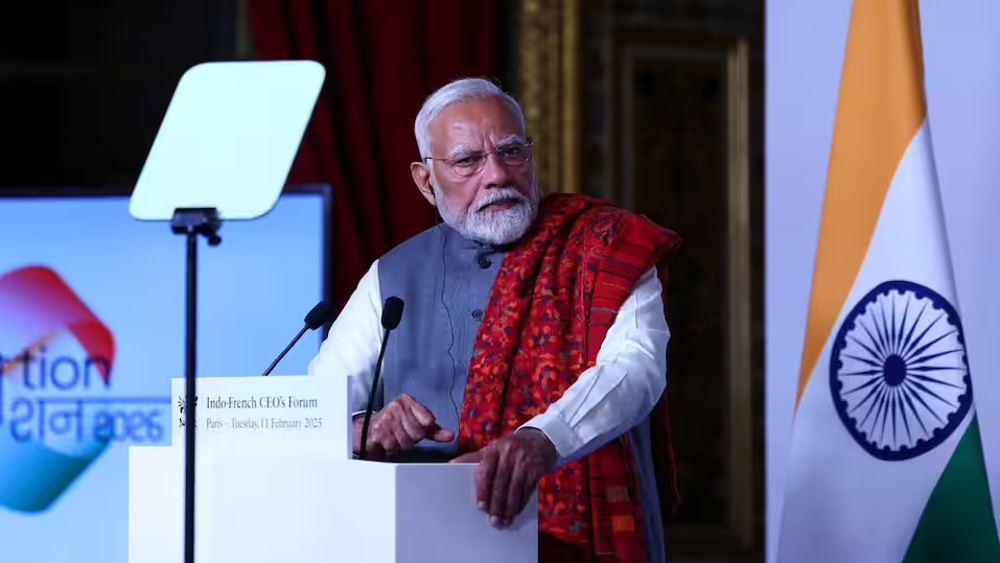
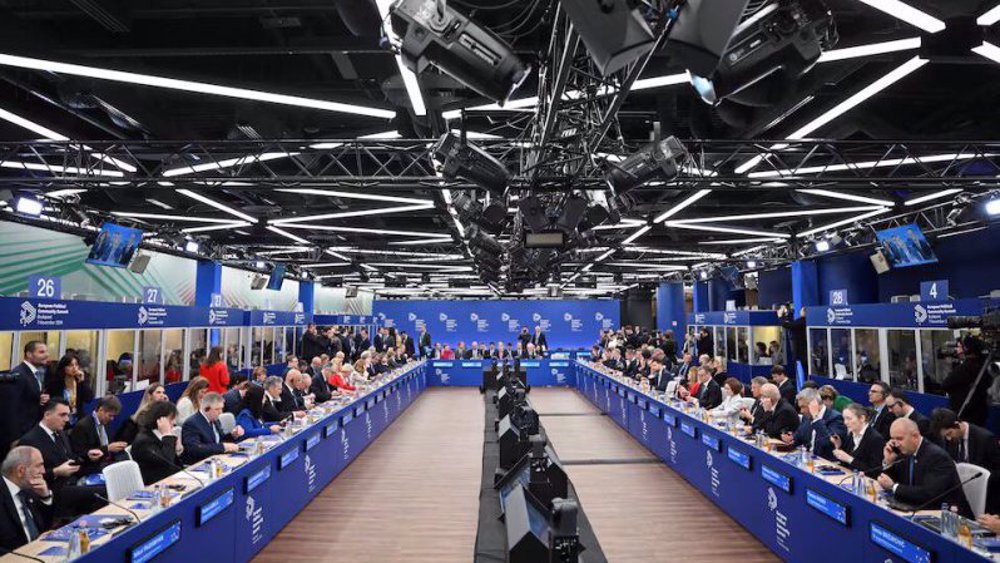


 This makes it easy to access the Press TV website
This makes it easy to access the Press TV website